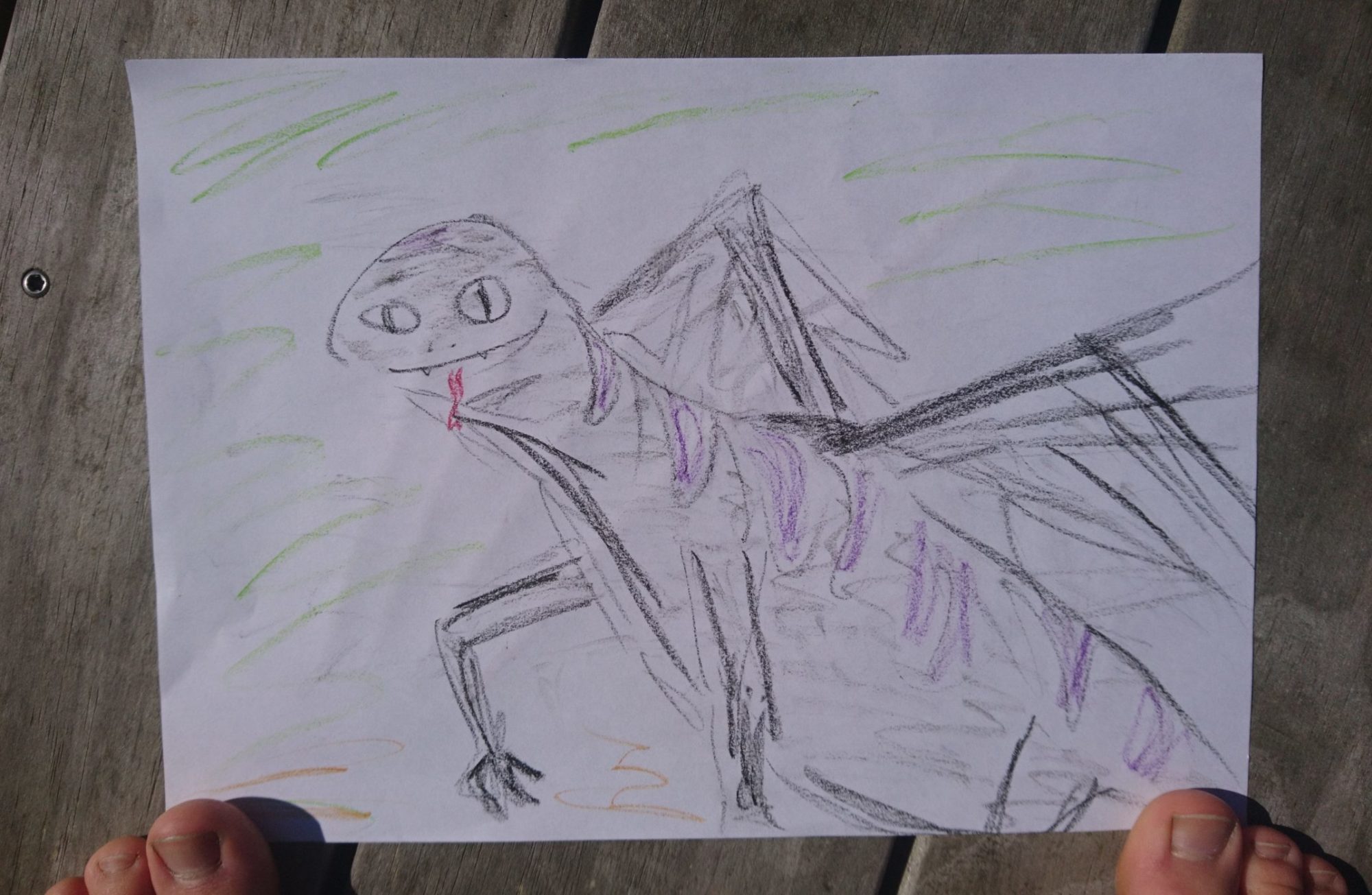In line with prominent voices from science and embodied awareness practice1, we reject the possibility of independent, static knowledge that accumulates towards a complete pool of correct facts and models. Instead, we entertain a view of knowledge that looks more like a bubble of ideas moving (and morphing) through time and space. A structure with a permeable boundary, that allows ideas and habits to flow in and out. A hub of practices sustained by community – by us, our values, codes and hierarchies.
Given this picture – of knowledge as a dynamic hub of ideas and practices rooted in the values and codes of a particular community – what can we do to ensure that our tradition of knowing serves our needs, interests and well-being?
In other words: If universal truth isn’t on the table – what other criteria or principles can we employ to know well? Different from ‘everything goes’ or ‘all ideas are equally valuable’, the view we propose:
- ..invokes the need for transparency about the motivation (needs, values) and context(s) that brought forth a particular perspective. In recognising the social foundation of knowledge, the ability to notice, voice and reflect one’s perspective becomes central.
- ..attracts diversity of contexts and ways of living (and knowing). To keep the range of our possibilities wide, we need to live in -and allow- a hub as rich in perspectives as possible.
- ..requires dialogue between diverse perspectives. Exchanging and collaborating with others, who know the value of ideas and ways different form our own, keeps us out of the trap of ‘absolute certainty’: the conviction that there is nothing (no knowledge) beyond ourselves, nothing that we cannot understand.
- ..asks for practice. To explore what matters, what works and what doesn’t within particular constraints – ideally the environments and people to which our ideas apply. Testing and playing out our theories and principles in real contexts helps us steer clear of the trap of ‘absolute relativity’: the credo that nothing really exists, with everything being a question of perspective.
1SKETCH of REFERENCES to support this claim: A range of scientific disciplines produce perspectives that depart from permanent independent knowledge: (1) embodied cognition (or ‘4E cognition’ – embodied, embedded, extended & enacted), see for example this introduction by Menary (2010), or Varela, Thompson & Rosch’s 1991 book, (2) systemic philosophy & psychology – see a local (Hamburg) organisation for systemic education or wikipedia on systems philosophy, (3) philosophy of science / science & technology studies, explore for example from this collection of references on ‘situated knowledge’, or find these authors directly: Haraway, Stengers, Despret, (4) ecology, see for example Kimmerer’s book on scientific & indigenous knowledge, (5) physics, find this 2017 article on the role of the observer. Another resource are the plethora of embodied and awareness practices that anchor knowing in the activity of sensing into moment-to-moment possibilities for action. For example, see (6) Malcolm Manning’s website on Feldenkrais and other movement practice, (7) a local (Hamburg) reference page for the modern dance form contact improvisation (8) weAreOpenCircle – an internationally working initiative for personal and organisational change based on deep listening – see also the CenterForCouncil as another resource on listening practice for community building, or (9) CMind’s webpage on contemplative practice.
